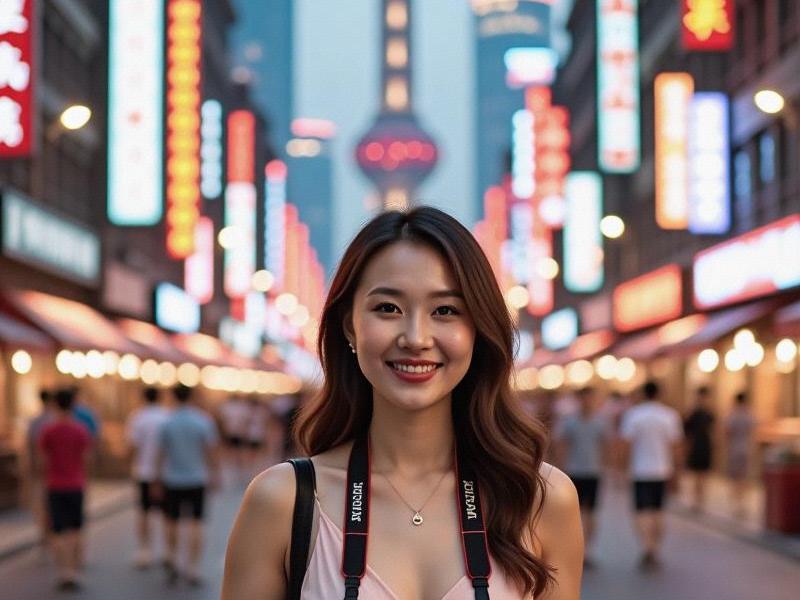
[Article Content]
Shanghai's entertainment club industry, once dominated by traditional KTV establishments, is undergoing its most radical transformation in decades. The convergence of technological innovation, shifting consumer preferences, and new regulatory frameworks has created both challenges and opportunities for venues across China's financial capital.
The Digital Revolution in Classic Venues
At the forefront stands Dragon Phoenix Club in Jing'an District, where a $3.2 million renovation has transformed the 15-year-old establishment into a "smart entertainment complex." Its 48 VIP rooms now feature:
- AI-powered mood lighting systems that adjust based on vocal tone analysis
- Interactive projection mapping that transforms walls into various global cityscapes
- Voice-controlled beverage ordering with personalized recommendations
- Real-time language translation for international clientele
General Manager Liang Wei explains: "We're preserving the essence of Chinese hospitality while meeting the tech expectations of younger patrons. Our member retention has increased 65% since implementing these upgrades."
新上海龙凤419会所 The Rise of Hybrid Concept Venues
A new breed of multi-functional clubs is redefining Shanghai's nightlife geography. Cloud Nine, occupying three floors in the Lujiazui financial district, operates as:
1. Daytime: Co-working space with premium meeting rooms
2. Evening: Fine-dining restaurant featuring fusion cuisine
3. Night: High-energy club with rotating thematic events
"Modern executives want seamless transitions between business and pleasure," notes operations director Sophia Chen. "Our revenue per square meter is 40% higher than traditional single-purpose venues."
Cultural Preservation Meets Modern Luxury
Historic venues like Paramount Club have maintained their 1930s Shanghai charm while discreetly incorporating modern amenities:
上海龙凤阿拉后花园 - Original Art Deco interiors preserved alongside hidden smart climate systems
- Vintage jazz performances enhanced with holographic stage effects
- Traditional tea service paired with molecular mixology cocktails
"The challenge," says cultural consultant David Wong, "is honoring Shanghai's entertainment heritage while staying relevant to global audiences."
Regulatory Adaptation and Industry Consolidation
Shanghai's 2024 Nighttime Economy Development Plan has introduced:
- Stricter licensing requirements for alcohol service
- Expanded operating hours in designated entertainment zones
- Mandatory safety technology installations
爱上海419论坛 - Enhanced staff training protocols
These changes have accelerated market consolidation, with the top five operators now controlling 38% of premium venues compared to just 15% in 2019.
The Future: Sustainable and Experiential
Emerging trends include:
- "Green clubs" with carbon-neutral operations
- Membership-based cultural salons
- VR-enhanced private entertainment pods
- Culinary-driven entertainment concepts
As Shanghai positions itself as a 24-hour global city, its entertainment clubs continue to set new standards for sophisticated nighttime economy development.
